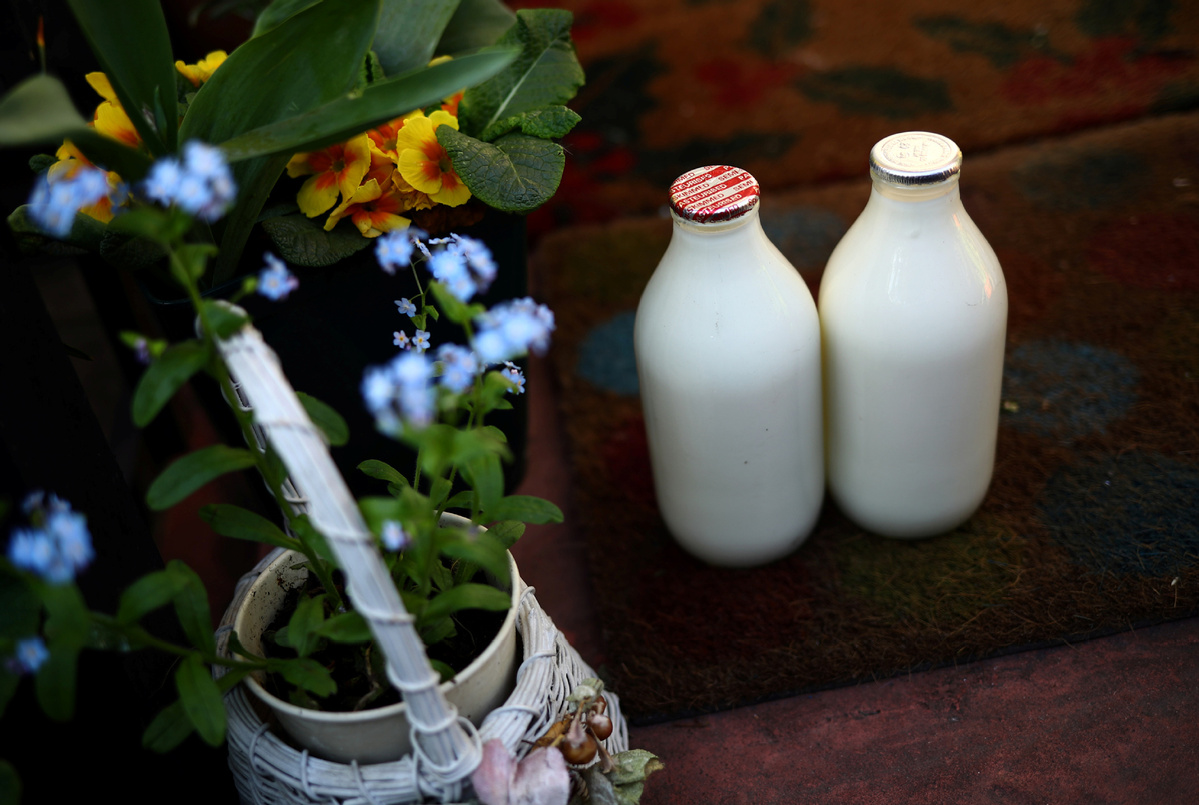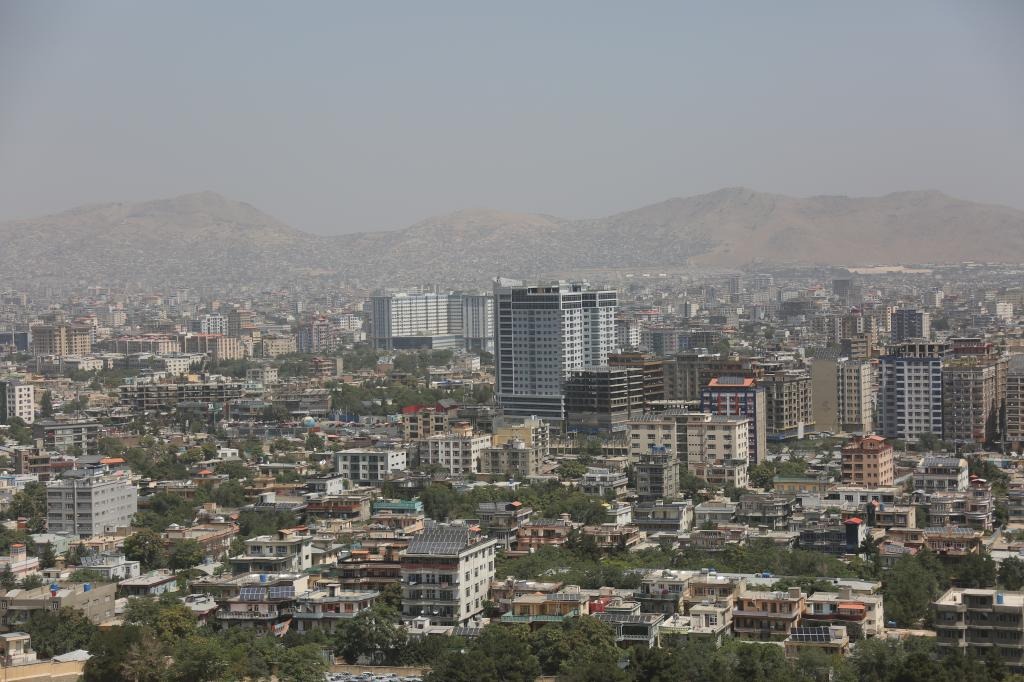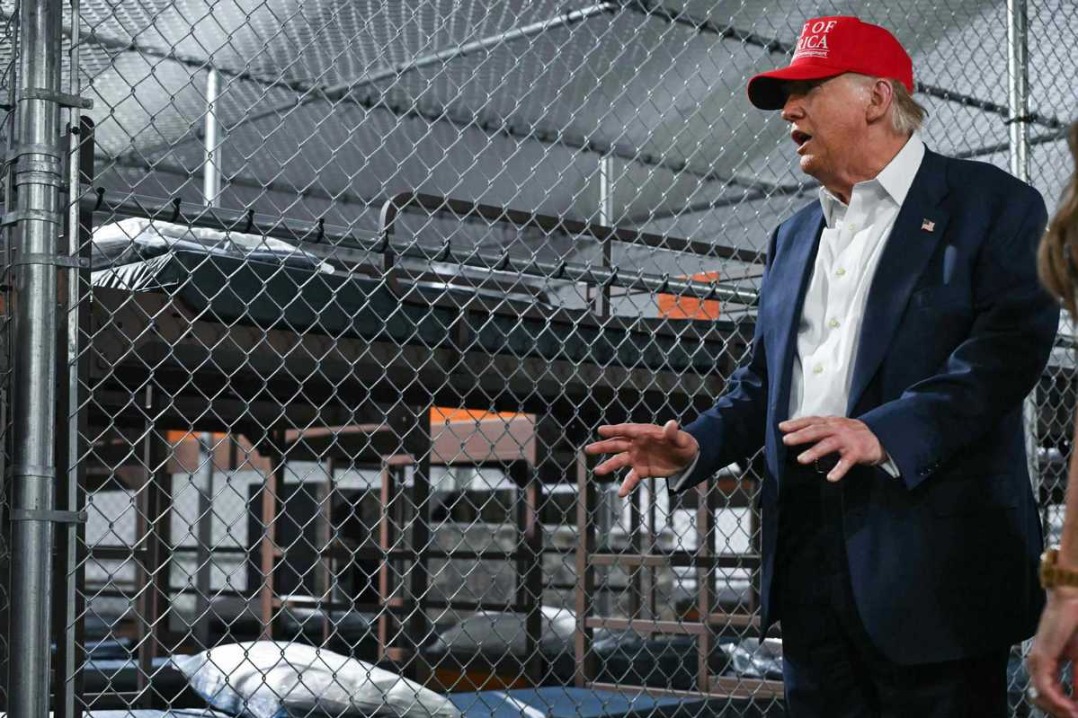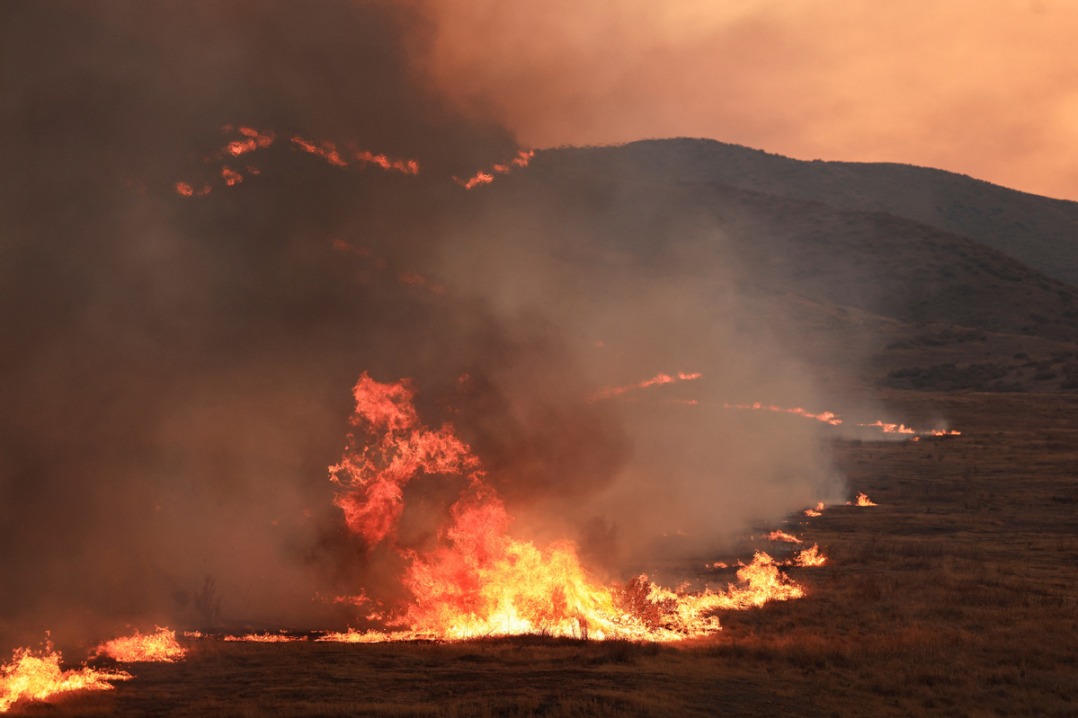Milk producers warn lockdown is leading to waste on an epic scale


British dairy farmers have suffered a heavy blow because of the government's lockdown measures that have closed cafes, bars, pubs, and restaurants, something that has led to the spot price of milk dropping by as much as 50 percent since restrictions were introduced.
Dairy farmers usually supply their fresh milk to processors who supply it in consumer products, but the closure of much of the catering sector has resulted in a reduction in demand, leading at times to thousands of liters of milk being dumped each day.
Peter Alvis, chair of the Royal Association of British Dairy Farmers, estimates around 700 farmers have been impacted and says, at times, 1 million liters of milk have been dumped in a day.
"The situation we found ourselves in when the coronavirus hit, was that quite a lot of products were going to ... cafes, coffee shops, and restaurants," he said. "When those markets closed down because of the social distancing requirements, the industry was not in the position to divert straight into the retail sector."
He said there was not sufficient processing capacity to find use for the unwanted milk, "so we were finding the milk was being dumped".
Farmers have also had to deal with falling prices.
"About six weeks ago, the spot price for the milk was in the high 20s (pence per liter), and today it is 10 to 12p, it's a massive difference," Alvis said. "So, any milk that has been traded and for milks that processors cannot utilize for core products, farmers are being paid … as little as 10p a liter. There is no way those dairy farmers can produce that milk for that money, so it's costing them on farms to produce it, and they are losing money on that milk."
Despite the short-term glut during the lockdown, farmers could not cut down production because of animal welfare and health implications.
"We cannot just stop milking the cows, it's an animal welfare thing, especially for those cows have just had their calf and have just started producing milk for the year, that milk is going to keep coming and we've got to keep looking after these animals and keep milking them," he said.
He said farmers can alter the food ration of the animals to reduce the amount of milk produced in the long run.
Processors have also reacted to the situation by moving milk around the country to fully utilize percent processing capacity and minimize waste.
And the industry is now working to convert extra milk into milk powder, but that too has problems.
"Because that powder will be sold in the market over the next 12 or 18 months, that will keep a lid on the prices," Alvis said. "So, it is really difficult. It is about trying to utilize the market and again try to open the markets as soon as we can so that we can actually get the products back to where the customers really want it."
Government support has been limited, Alvis said, but he welcomed a change to the competition law that allows processors to collaborate.
"The processors can now talk to each other, which we would not normally be allowed to do, to ensure we can maximize processing capacity and the volumes going to the processing plants," he said.
Alvis said this crisis has already left a scar on the industry and some players have already got out of milk production because of fears for the future.
He is hoping the lockdown will be eased in two or three weeks so demand can return to normal.
































